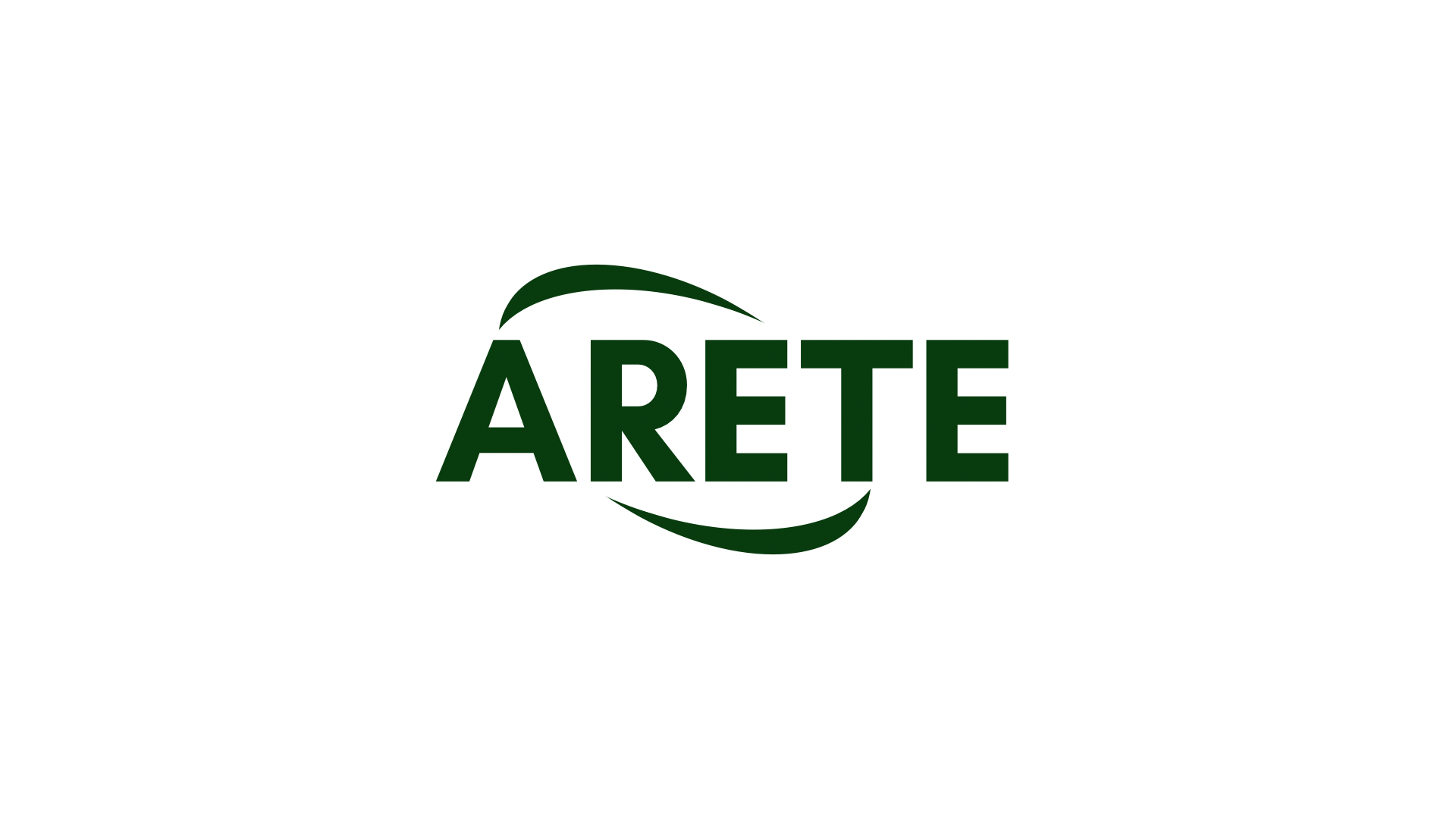Understanding the limitation of metamark in solidity: a guide to update the intelligent contract data
When building a decentralized app (DAPP) using Ethereum, it is essential to understand the limitations of smart contracts. Such limitation is the restriction on updating the data of the intelligent contract in the external addresses outside the control of the contract owner.
In this article, we will deepen the details about how Metask, a popular wallet for the interaction with Ethereum networks, interact with intelligent solidity contracts. We will also explore why this limitation exists and we will provide guidance on how to update the correct user information.
Problem: External updates
When a user tries to update his information in the contract using the Metamark library, he tries to send an operation from an external address (for example,0x1234567890ABCDEF). This is due to the fact that Metask offers a way for users to interact with the Ethereum network programmatically.
However, when this happens, the request fails for the following reasons:
- The control of the owner of the intelligent contract
: the implementation and management of the intelligent contract are managed by his owner (the person who implemented the contract). Because they are not directly involved in updating the user’s information from an external address, their access is limited.
- Limitations to update the State of the Contract : When a contract updates its own condition using
set,update or other functions, it changes internal storage. This means that any changes made by an external actor (such as Metask) are not reflected in the implemented code of the contract.
Solution: Using contract owner address
To properly update the user’s information from an external address, you must use the private contract of the smart contract and implement the contract using their account. This ensures that the updates are made directly to the implemented contract, bypassing the limitations mentioned above.
Here is a step -by -step guide:
- Implement the contract : Use Metask to implement the contract with the owner’s private key.
- Get the owner’s address : Get the Ethereum’s Ethereum Waller’s address from their metask profile.
- Create a new user account : Create a new user account using this owner’s address and update its information (for example, name, E -Email, etc.).
- Update the smart contract

: Use the Metask Library to send an “update” operation with the user data updated to the implemented contract.
Here are some samples of solidity code for reference:
`Solidity
Pragma solidity ^0.8.0;
Userupdater contract {
Mapping (address => user) private users;
Function Updateuseer (String Memory Newname) Public {
Request (msg.sender == owner, “only the owner of the contract can call this function”);
User user = new user (Newname);
users [msg.sender] = user;
}
}
Structure User {
Name string;
String e -mail;
}
“
Conclusion
In summary, when updating the data of the intelligent contract from an external address outside the control of the contract owner, Metask restricts access to updating the state of the implemented contract. In order to overcome this limitation, you must use the private contract of the contract owner and implement the contract using their account.
By understanding these limitations and finding solutions solutions, you can build robust decentralized applications that offer useless user updates, without relying on external actors that directly control intelligent contracts.
additional resources
- Metask documentation: <
- Solidity documentation: <
- API Ethereum documentation: <

